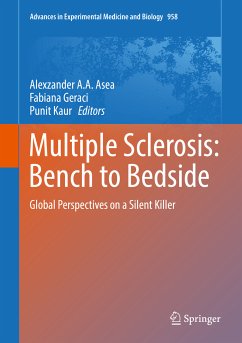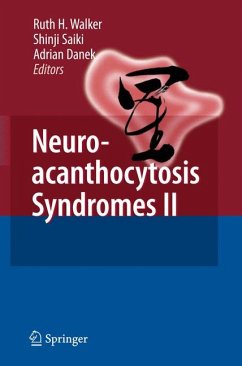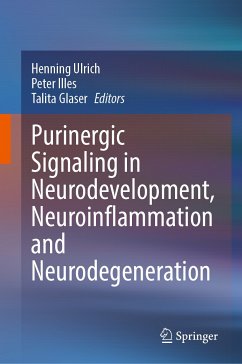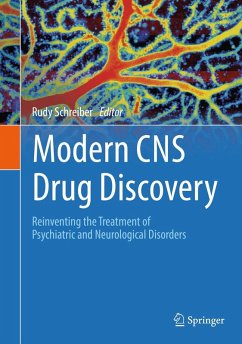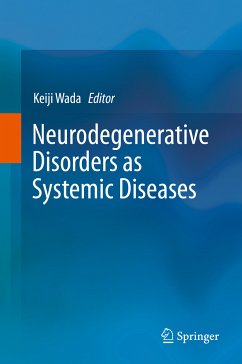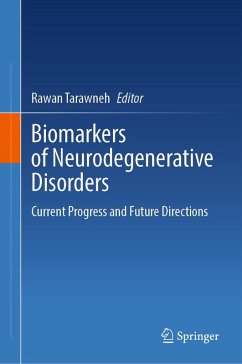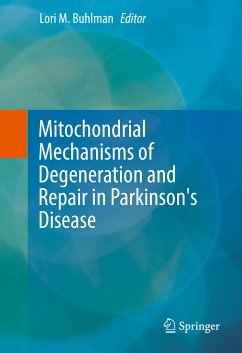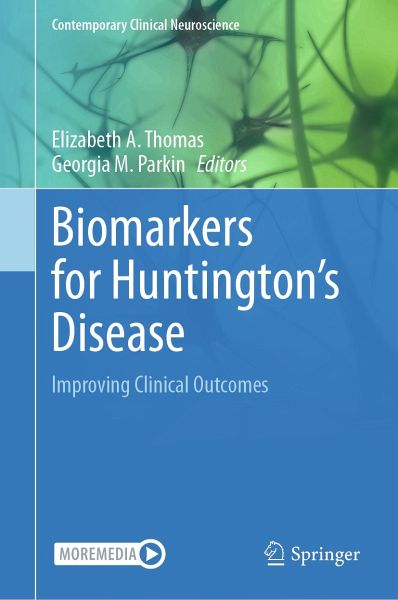
Biomarkers for Huntington's Disease (eBook, PDF)
Improving Clinical Outcomes
Redaktion: Thomas, Elizabeth A.; Parkin, Georgia M.
Versandkostenfrei!
Sofort per Download lieferbar
160,95 €
inkl. MwSt.
Weitere Ausgaben:

PAYBACK Punkte
80 °P sammeln!
Huntington's disease (HD) is a fatal, inherited, neurodegenerative disorder, characterized by chorea, motor instabilities, psychiatric manifestations and cognitive decline. Early genetic testing provides an opportunity for clinical interventions aimed at delaying onset and/or slowing progression of disease; however, current treatments for HD are limited, with only two FDA-approved drugs available to manage chorea. Encouragingly, however, several disease-modifying treatment approaches are in the therapeutic pipeline, with more than 200 clinical studies, and many more preclinical studies, in the...
Huntington's disease (HD) is a fatal, inherited, neurodegenerative disorder, characterized by chorea, motor instabilities, psychiatric manifestations and cognitive decline. Early genetic testing provides an opportunity for clinical interventions aimed at delaying onset and/or slowing progression of disease; however, current treatments for HD are limited, with only two FDA-approved drugs available to manage chorea. Encouragingly, however, several disease-modifying treatment approaches are in the therapeutic pipeline, with more than 200 clinical studies, and many more preclinical studies, in the works. Robust and reliable biomarkers are needed to predict disease onset, monitor disease progression and assess treatment responses. More specifically, biomarkers to stratify patients for clinical trials and biomarkers to track drug efficacy will certainly lead to improved clinical trial design and success. This book represents the first book focused solely on biomarkers for HD and represents adistinct resource that will be informative, not only for clinicians and those involved in clinical trial design, but also for a wide range of neurodegenerative disease researchers. This edited volume is written by top leaders in the field, and takes a cross-disciplinary approach to cover a broad spectrum of biomarker types, in order to provide the latest advances in the development of biochemical, molecular, imaging and digital biomarkers that have been investigated for HD. With the ultimate goal of treating patients, the development of disease-associated biomarkers has never been more important.
Dieser Download kann aus rechtlichen Gründen nur mit Rechnungsadresse in A, B, BG, CY, CZ, D, DK, EW, E, FIN, F, GR, HR, H, IRL, I, LT, L, LR, M, NL, PL, P, R, S, SLO, SK ausgeliefert werden.



